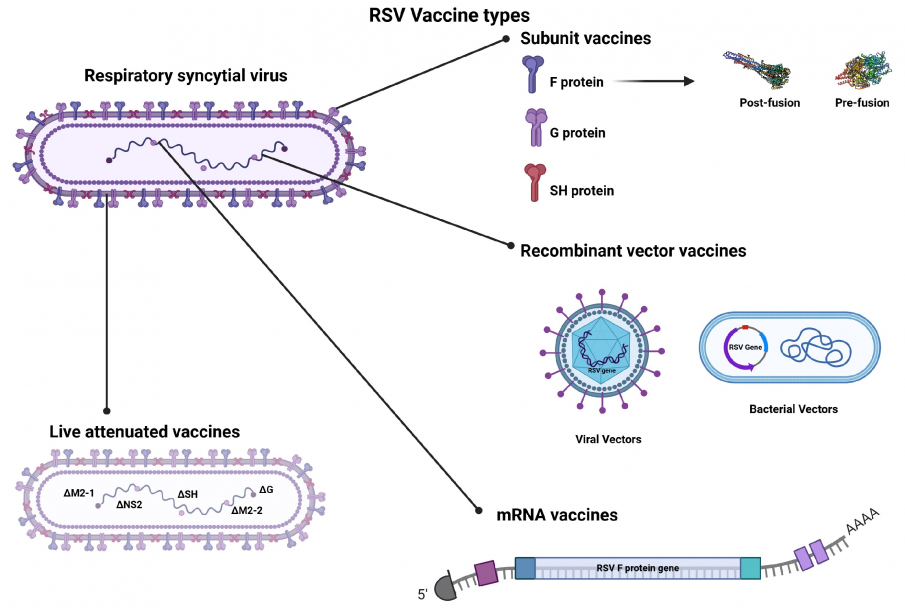The Importance of RSV Vaccine Development

Introduction to RSV and Its Impact
Respiratory Syncytial Virus (RSV) is a leading cause of respiratory infections in infants and young children, with significant implications for public health. The CDC estimates that RSV leads to approximately 58,000 hospitalizations annually among children under five years old in the United States alone. With the ongoing challenges posed by respiratory illnesses, the development of an effective RSV vaccine has become increasingly crucial.
Current Developments in RSV Vaccine Research
Recent advancements in RSV vaccine research have shown promising results. According to reports from Pfizer and Moderna, both companies have made significant strides in clinical trials for their respective RSV vaccines. For instance, Pfizer’s vaccine has demonstrated an efficacy rate of around 85% in preventing hospitalizations related to RSV in older adults, illustrating the broader applicability of the vaccine beyond infants.
Moderna recently announced positive results from its mRNA-based RSV vaccine trials, which are designed to elicit a robust immune response. The data indicates that adult patients experienced fewer RSV-related infections compared to the placebo group. Other pharmaceutical firms, including AstraZeneca and Johnson & Johnson, are also developing their own versions of the RSV vaccine, helping to accelerate competition and innovation in this vital area.
Potential Impact and Future Insights
The introduction of a successful RSV vaccine could have immediate and long-term implications for public health. Vaccination would not only help to reduce the incidence of infections among vulnerable children and adults, but it would also alleviate the strain on healthcare systems during the peak RSV season. With estimates of global healthcare spending on RSV-related treatments reaching billions annually, a vaccine could lead to substantial cost savings.
Looking ahead, experts emphasise the need for continuous research and development to ensure widespread access to the RSV vaccine once it is approved. Efforts will also be necessary to educate the public about the importance of vaccination, particularly for high-risk populations.
Conclusion
The race to develop an effective RSV vaccine marks a significant milestone in immunology and public health. As clinical trials progress and data continues to emerge, there is growing optimism that an RSV vaccine could soon become a reality. For parents, healthcare providers, and policymakers, the significance of these developments cannot be overstated, as they herald a potential reduction in the burden of RSV infections and associated healthcare costs.








